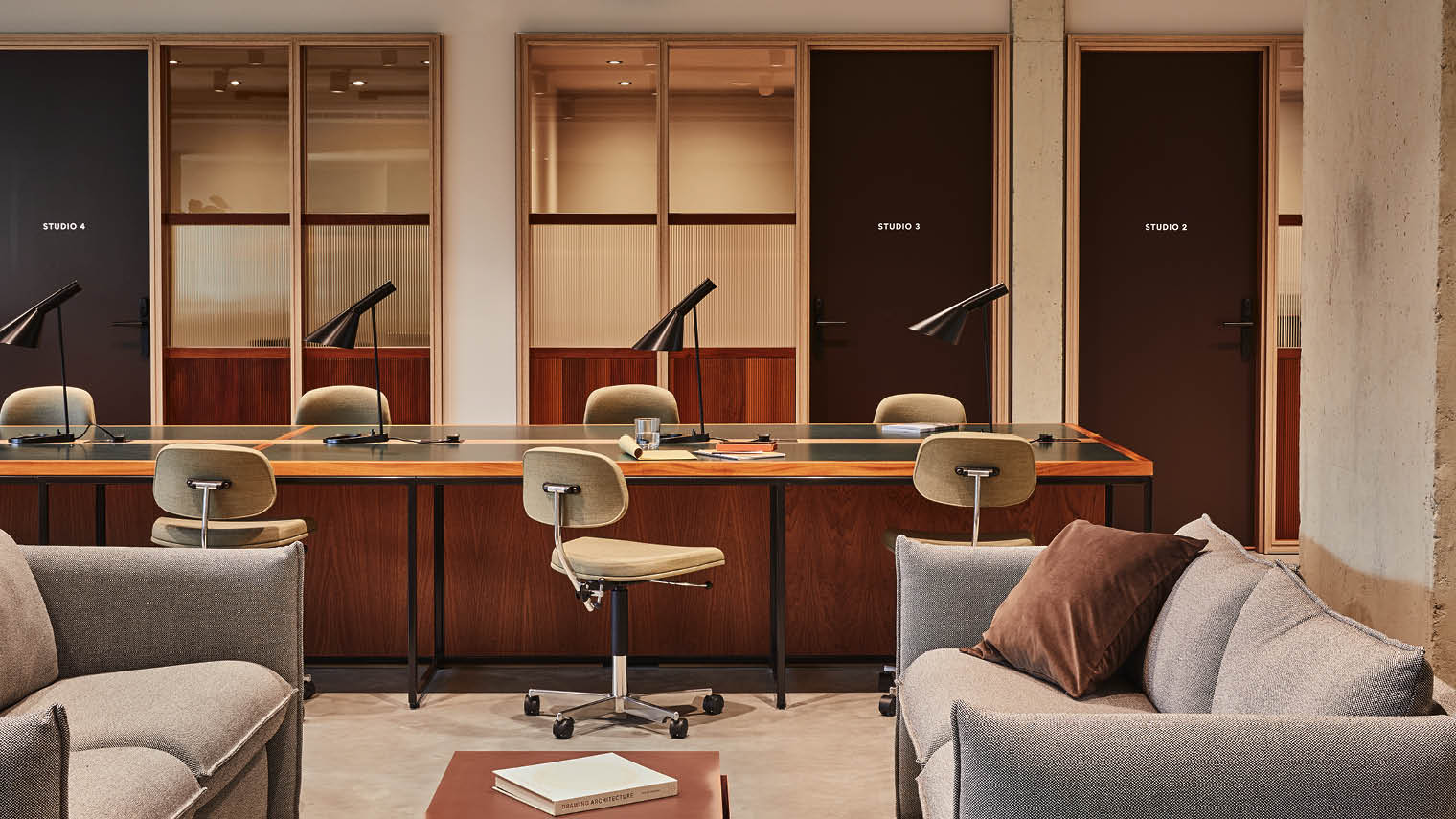As business leaders cautiously unbolt their doors after lockdown, blinking to adjust to a new reality, it’s becoming clear that office spaces offering safety, agility and value are highly desirable in these uncertain times. In the raging debate about the coronavirus-era office, there is a strong argument for embracing flexible workspaces. So let’s talk about flex space.
While home working has benefits, numerous studies show it affects both physical and mental health. Little wonder a recent survey published by Office Space in Town (OSiT), providers of serviced offices in London, Cardiff, Northampton and Edinburgh, discovered that just 5 per cent of employees want to work remotely on a full-time basis.
“Respondents cited the inability to unplug, loneliness and distractions as major pitfalls of home working,” says OSiT chief executive Giles Fuchs.
Indeed, statistics released exclusively for this Future of Work report, reveal that 97 per cent of 14,000 members of leading flex-space provider The Office Group (TOG) believe they will require an office as the coronavirus pandemic subsides. Furthermore, the new research, carried out in partnership with Leesman, indicates almost half the respondents (46 per cent) feel disconnected from colleagues during home working, while 38 per cent feel disconnected from their organisation.
“Despite many hailing the pandemic as the death of the office, I believe we’re seeing its evolution from a rigid concept to one of fluidity,” says Olly Olsen, co-founder and co-chief executive of TOG. “More than 40 per cent of our inquiries during lockdown have come from companies that are currently in traditional offices, which just aren’t set up to offer the space density or layout required to meet safety measures and create a comfortable work setting in this new era.”
Embracing new health measures
Enrico Sanna, co-founder and chief executive of Fora, which has 11 flex-space venues in London, is equally bullish. “We are going to continue to see flexible workspaces take market share from traditional offices, probably at a faster rate than we have been doing to date,” he says. “To reopen an entire headquarters for just 10 per cent of the workforce is completely uneconomical.”
To reopen an entire headquarters for just 10 per cent of the workforce is completely uneconomical
Also, having employees stationed across three or four different sites, as flex-space providers often offer, helps from a health and safety perspective. Sanna explains: “There are fewer people to spread infection and, if someone is taken ill, it doesn’t risk the entire workforce.”
Richard Hyams, founder and director of architects astudio, points to findings by Bisnow, published in April, as evidence of the global trend for flex space. Almost three quarters of those surveyed (71 per cent) want their employers to provide some form of flexible workspace following the lockdown. However, he warns that flex space providers must invest in technology and better ventilation systems to take advantage of the predicted uptick in demand.
“Even before we were worried about airborne pathogens, air quality was a growing concern,” he says. “The Lancet reported, in 2018, that 800,000 people in the UK die annually as a result of poor building air quality. At astudio, we have designed displacement air systems that ensure the air we breathe is as clean as possible. Already these systems are helping to future-proof flex spaces against health risks.”

York House in London’s Kings Cross, part of The Office Group
Tech solutions for health challenges
Happily, most flex-space providers are moving with the times. “Fora has installed thermal imaging cameras that test the temperature of people entering the building, signage and one-way-systems, as well as best-in-class ventilation, and increased levels of sanitation and hygiene,” says Sanna.
Similarly, The Argyll Club, which has 38 luxury workspaces across London, has listened to customers’ concerns about public transport and increased bike storage and built more showers. Beth Hampson, commercial director, is unsurprised that flex space is increasingly appealing to business leaders. For one, they need not be tied into long-term office leases for buildings that, due to social-distancing measures and home working, are likely to be woefully under-utilised.
“It’s clear remote working isn’t going away completely, but it’s also evident that getting teams back into offices is needed for the UK’s morale and economic recovery,” she says. “The most successful businesses in this new age will be those that can effectively find an equilibrium between the two.
“For employees, this means a hub they can use as needed to create a working week that best suits them. For employers, it means a safe home for your business, which is run with stringent health and safety policies, but with a shorter lease, so you can adapt to the changing economic cycle and expand or contract as needed.”
Flex space is critical for survival
OSiT’s Fuchs agrees. “Flexible workspace offers businesses the ability to be nimbler as they recover from the financial strains of the pandemic and gradually bring back furloughed staff, as well as the capability to flex space up and down to cater to social-distancing requirements,” he says. “And having flexible access to ‘burst space’ outside their current real-estate commitments is invaluable.”
In addition to helping rehouse teams and assisting with overflow, flex spaces can attract and retain both talent and clients. “The shared services provided by flexible workspaces offer businesses the ability to access HQ-standard facilities,” says Fuchs. “At OSiT, all our tenants can typically access gyms, salons, doctors, restaurants, cafés and even hotel rooms.”
Aside from the promise of exclusive access to dumbbells and haircuts, Hampson from The Argyll Club summarises the primary reason this industry is on course to grow in the coming weeks, months and years. “Flex space has always been about helping businesses remain agile,” she concludes. “Now that agility is no longer just a ‘nice to have’, it’s critical for survival.”
